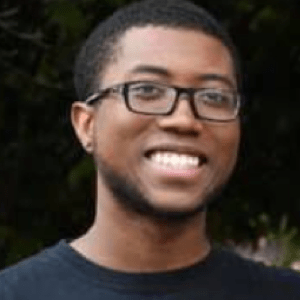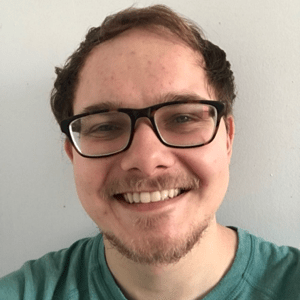Historically, biology has inspired new mathematics, from Maxwell to Turing. In turn, breakthroughs in mathematics have generated new insights in biology. The sheer complexity of living beings lends itself to exploration of fields such as topology, complex geometry, dynamical systems, and probability theory. The NSF-Simons Center for Quantitative Biology at Northwestern University invited undergraduates, graduate students, and postdoctoral fellows from across Chicagoland to participate in the inaugural Great Math Challenges in Biology Contest during the 3rd Annual Conference on Quantitative Biology, November 19-21, 2020.
The Great Math Challenge in Biology Contest asked contestants to take a real-world problem in biology, gleaned from the conference, and propose a specific advance in pure mathematics, new or old, that could be used to help solve the problem.
Eleven individuals and three teams participated in the inaugural Great Math Challenge in Biology Contest. Submitted proposals were reviewed by a committee of four computationalists and one experimentalist in the Center. The top three proposals were selected for the first-place prize of $2,000, second-place prize of $750, third-place prize of $250.
The winners are:
- First Place: DeVon Ingram, University of Chicago
- Second Place: Daniel Fletcher, Northwestern University
- Third Place: Christian Gorski, Northwestern University
DeVon Ingram, a Mathematics Ph.D. Student at the University of Chicago, was awarded first place for his proposal, Mechanisms for Robustness in Biological Dynamical Systems. His proposal advances the idea that despite the large amount of complex interactions that take place in biological systems, the developmental process is robust to generic perturbations in initial conditions. Equivalently, only a low-dimensional subspace of phenotypic space plays a nontrivial role in development. His proposal seeks to demonstrate that ideas from Dynamical Systems and Graph Theory have the potential to relate phenotypic variability to the degree of “bottlenecking” that occurs inside genetic regulatory networks.
Mr. Ingram is currently studying in the field of dynamical systems under Alex Eskin. He holds a B.S. in Mathematics from the Georgia Institute of Technology.
Daniel Fletcher, a Mathematics Ph.D. Candidate at Northwestern University, was awarded second place for his proposal, Statistics of t-SNE. His proposal aims to investigate the mathematical theory behind t-distributed stochastic neighbor embedding (t-SNE). Despite being widely used as a dimension reduction and visualization technique, knowledge of the theoretical underpinning of t-SNE is still lacking. This project looks to expand upon the limited set of current rigorous results.
Mr. Fletcher is studying in the field of probability under Antonio Auffinger. He holds a B.A. Mathematics and an MMath in Mathematics from the University of Oxford.
Christian Gorski, a Mathematics Ph.D. Candidate at Northwestern University, was awarded third place for his proposal, Exploring possible origins of constrained epistasis. His proposal seeks to investigate an outstanding problem in biology – understanding constrained epistasis. The fact that perturbations in the extremely high-dimensional space of genotypes often result in perturbations in the space of phenotypes that are apparently constrained to very low-dimensional or even one-dimensional submanifolds. He proposes a framework for more rigorously exploring a connection proposed by Husain and Murugan between soft modes in the physical dynamics of a particular biological system and constrained epistasis in the genes that code for it. He also proposes some toy models designed to help test heuristic arguments for why constrained epistasis might be selected for, especially vis-à-vis a hypothesized connection between constrained epistasis and ruggedness of the fitness landscape.
Mr. Gorski is studying in the fields of percolation theory and probability under Antonio Auffinger. He holds a B.S. in Mathematics from the University of Notre Dame.
In addition to the personal prizes, the awardees will participate in on-going Center activities, present their research at future research meetings, and utilize the center’s faculty and members as a sounding-board to help overcome any obstacles in their work.
The review committee was comprised of faculty of the NSF-Simons Center for Quantitative Biology, judging chair William Kath (applied math), and judges Rosemary Braun (molecular biosciences), Ji-Ping Wang (statistics), Niall Mangan (applied math), and Richard Carthew (molecular biosciences).
The award was sponsored by the NSF-Simons Center for Quantitative Biology, the Department of Molecular Biosciences, and the Northwestern Institute on Complex Systems. The Great Math Challenge in Biology Contest will be held again during the fourth Annual Conference on Quantitative Approaches in Biology, the week of March 14-18, 2022.





